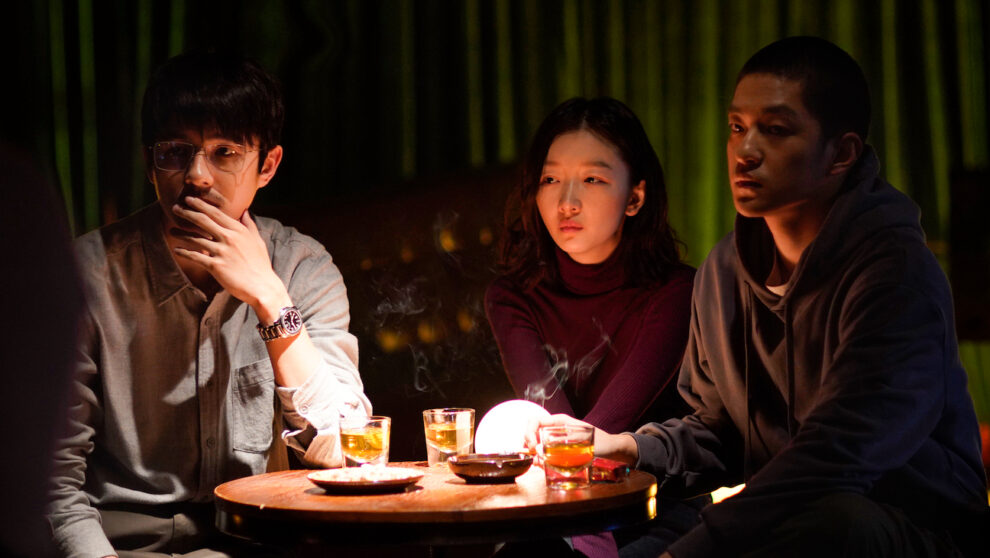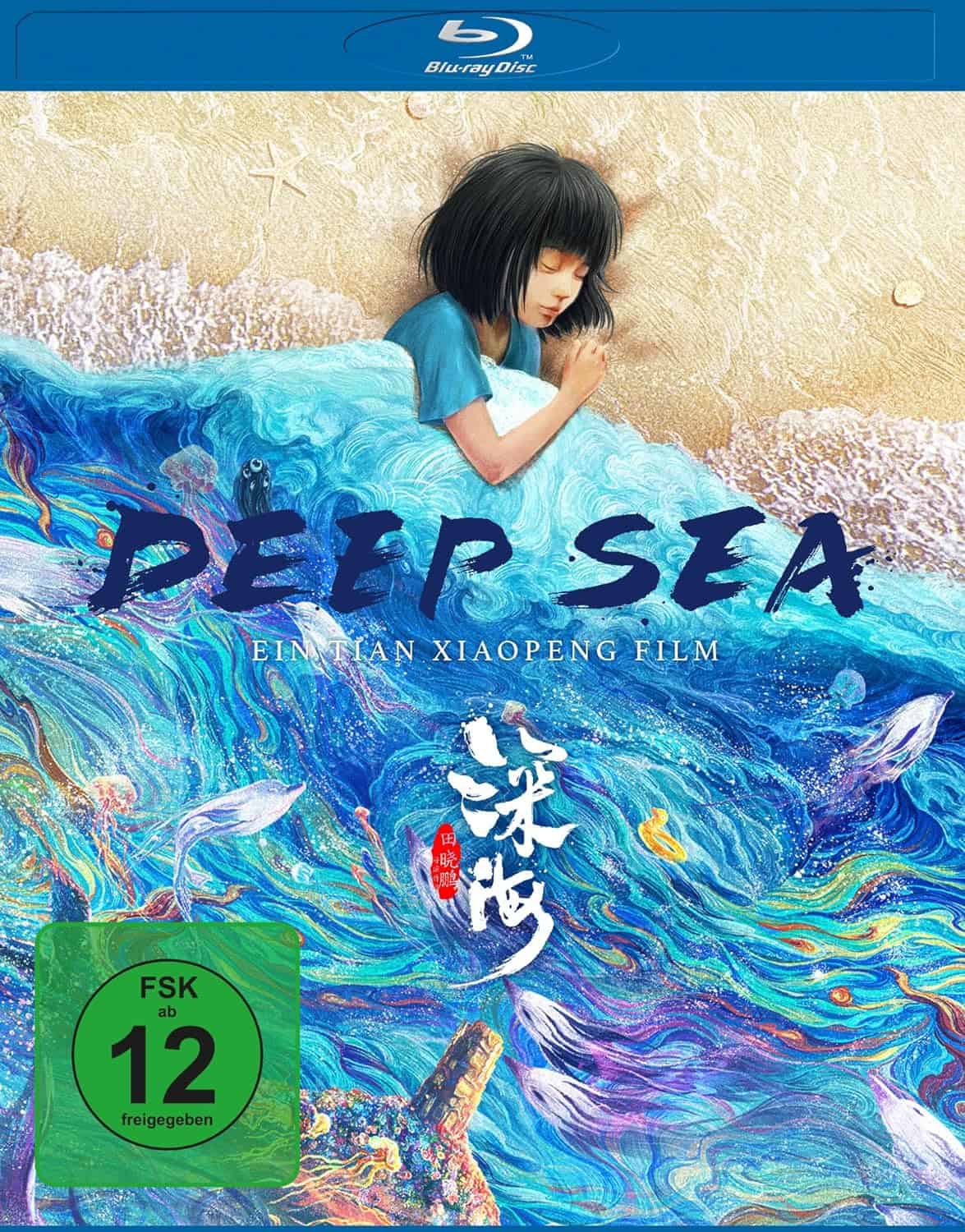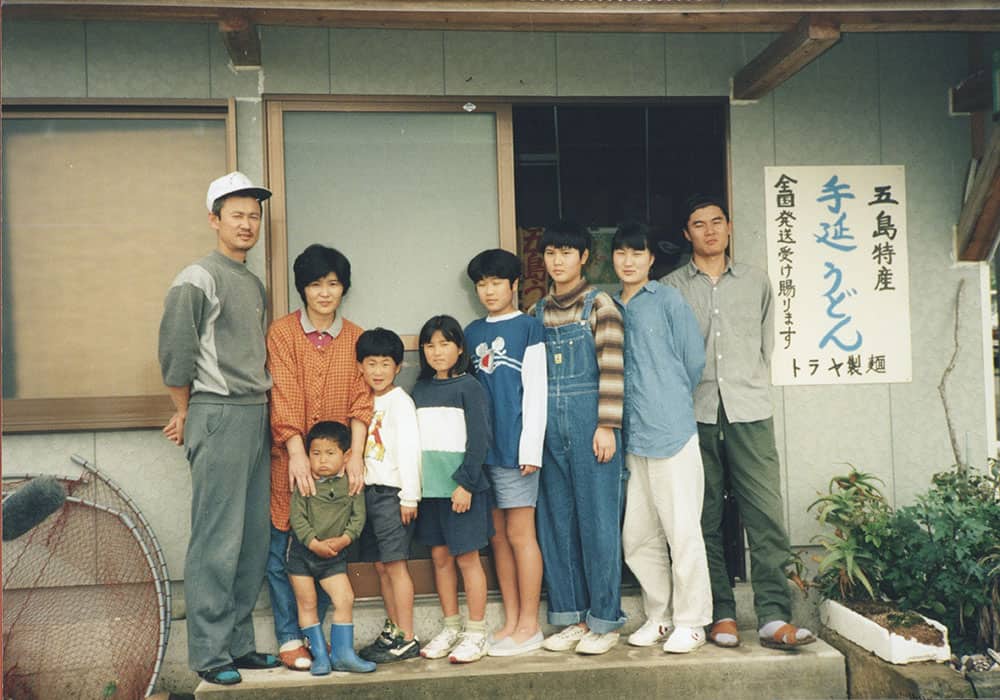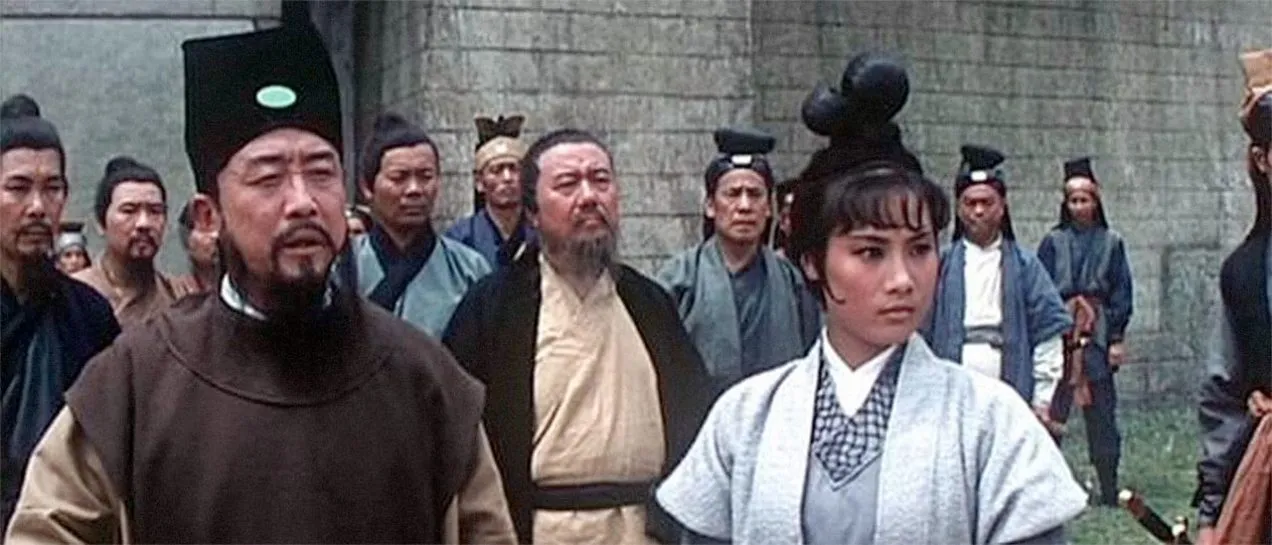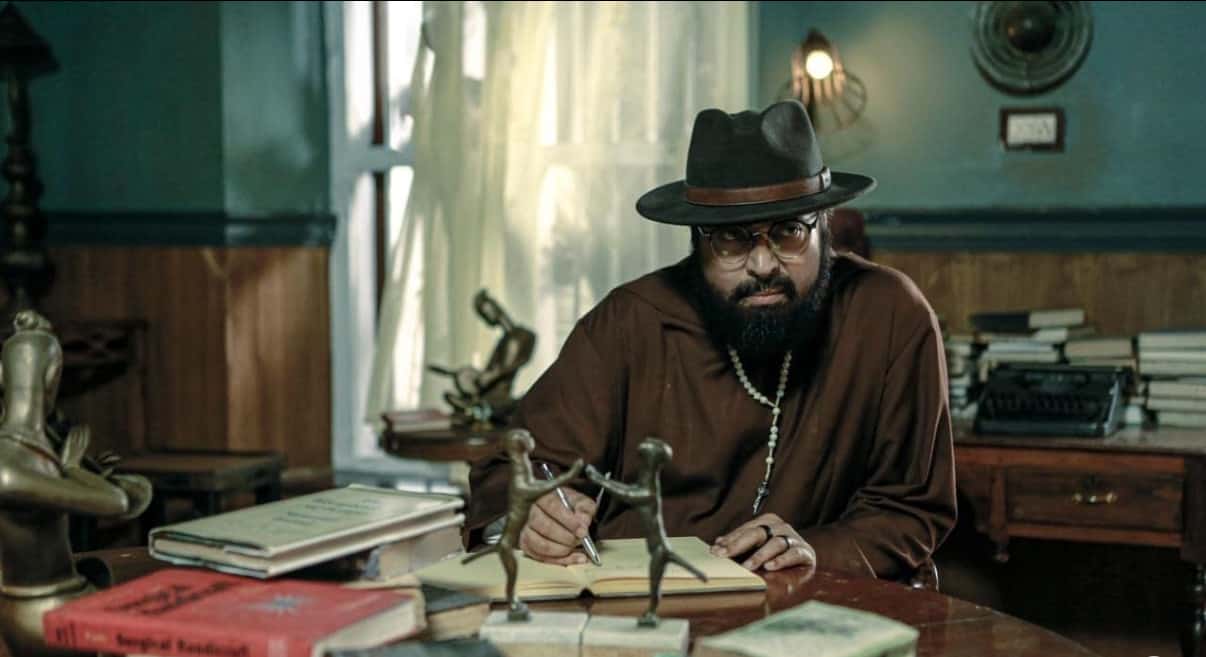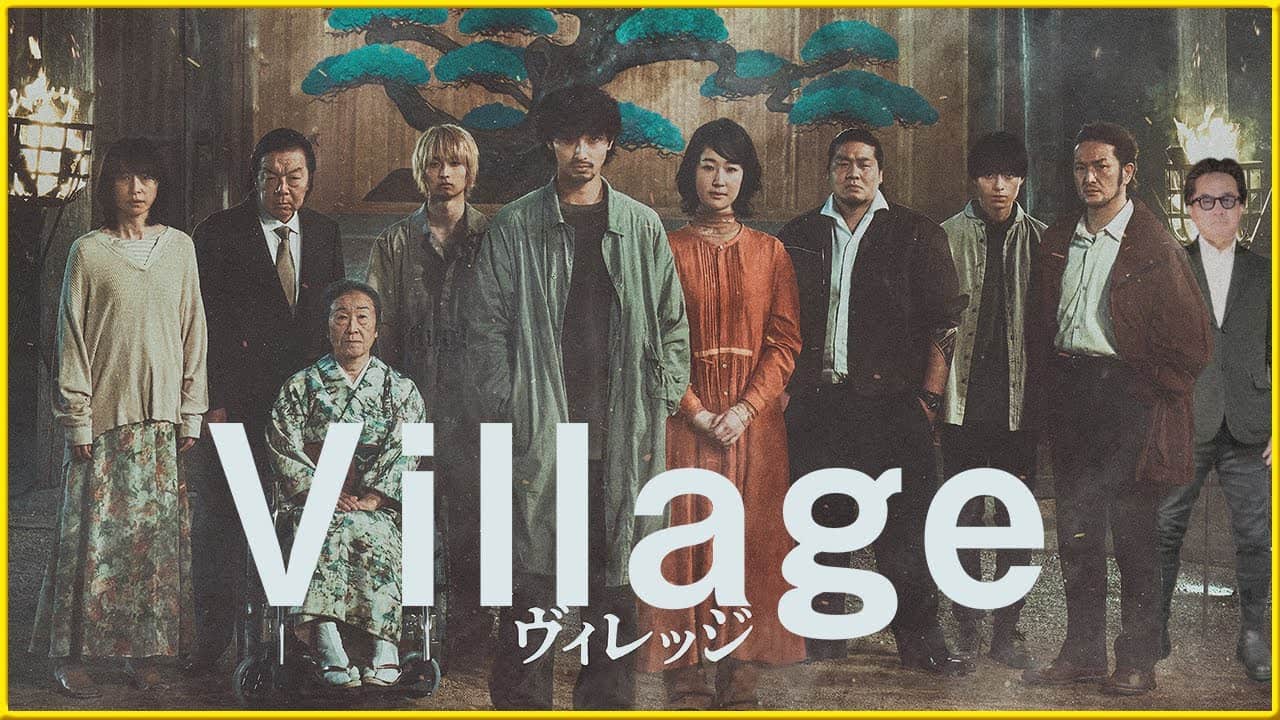Despite a series of issues the whole Chinese language movie world is experiencing (intense censorship, the recent disqualification of “A Light Never Goes Out” as Hong Kong's official submission to the 2024 Oscars, etc), it seems, and as we also mentioned last year, the local industries are also moving intensely forward, with the productions of quality from China, Taiwan and Hong Kong increasing significantly. In that fashion, Hong Kong seems to have made a rather successful turn towards social/family dramas, Taiwan continues on the rather high level it has established for some years now, while China's local blockbusters and international, diaspora movies continue to lead the way, both locally and beyond the borders of the country.
Without further ado, here are 20 movies that highlighted all the aforementioned in 2023, in reverse order, although the difference of quality is so small here, that the order could be completely different. Some films may have premiered in 2022, but since they mostly circulated in 2023, we decided to include them.
20. Who'll Stop the Rain by Su I-hsuan (Taiwan)

In a style that reminds somewhat of the Japanese movies of the 70s, when the political was often mixed with the romantic and the erotic, Su I-hsuan tries to navigate her two arcs, all the while analyzing and presenting her characters, and the particular events along with the whole sociopolitical setting of Taiwan in the 90s. The result leans towards success, but not exactly fully. Where Su definitely succeeds is establishing who the villains are here. Yung-shing in particular emerges as an anachronistic, petty, chauvinist man, who uses his powers in order to dominate his students in completely unremorseful fashion, thus establishing himself as a true villain, but also an individual where the whole system is mirrored in his practices. The police also emerge as one, but the second main “villain” is revealed later, in the face of Ching's father, whose constant effort to control every aspect of his daughter's life is actually destroying her. (Panos Kotzathanasis)
19. Art College 1994 by Liu Jian (China)
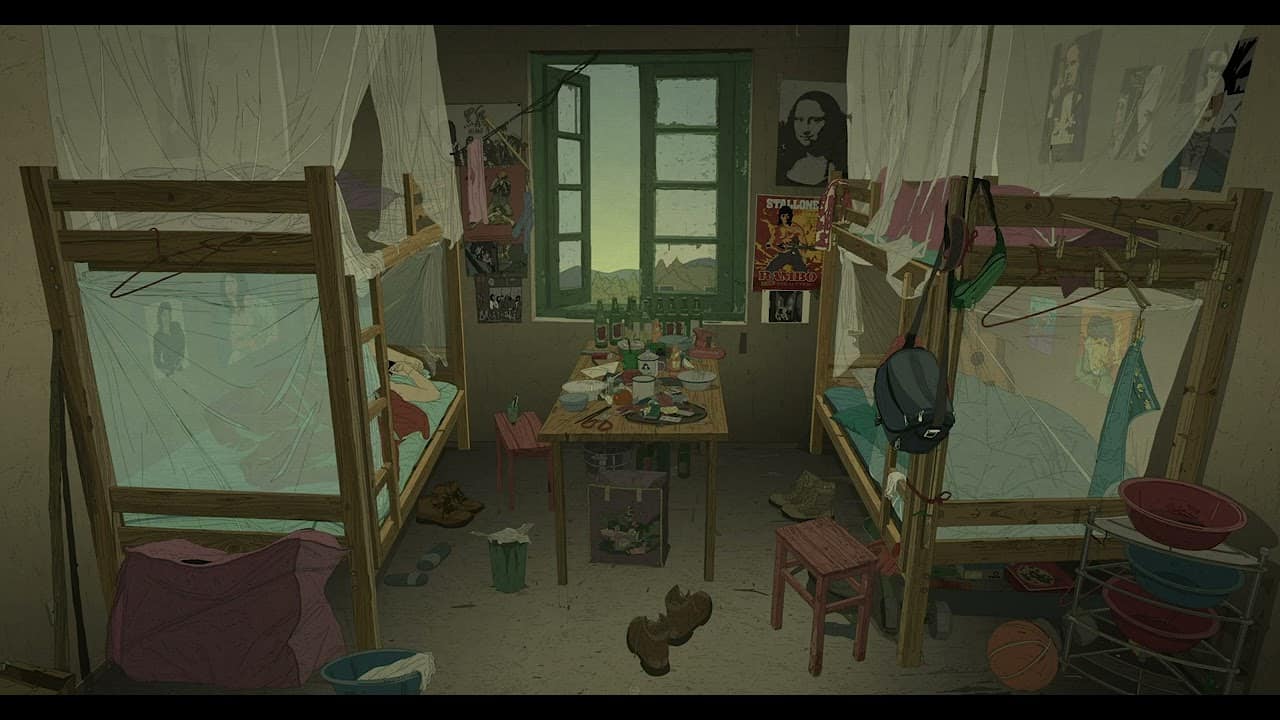
No doubt, there is something autobiographical in lead Xiaojun, reflecting Liu's time at art college in the early Nineties, and he captures the typical anxieties of college students when contemplating their place in the world. Far from enjoying their time, they seem to spend their days in a state of ennui, and lengthy discussions that can provoke annoyance in one another. (Andrew Thayne)
18. Deep Sea by Tian Xiaopeng (China)
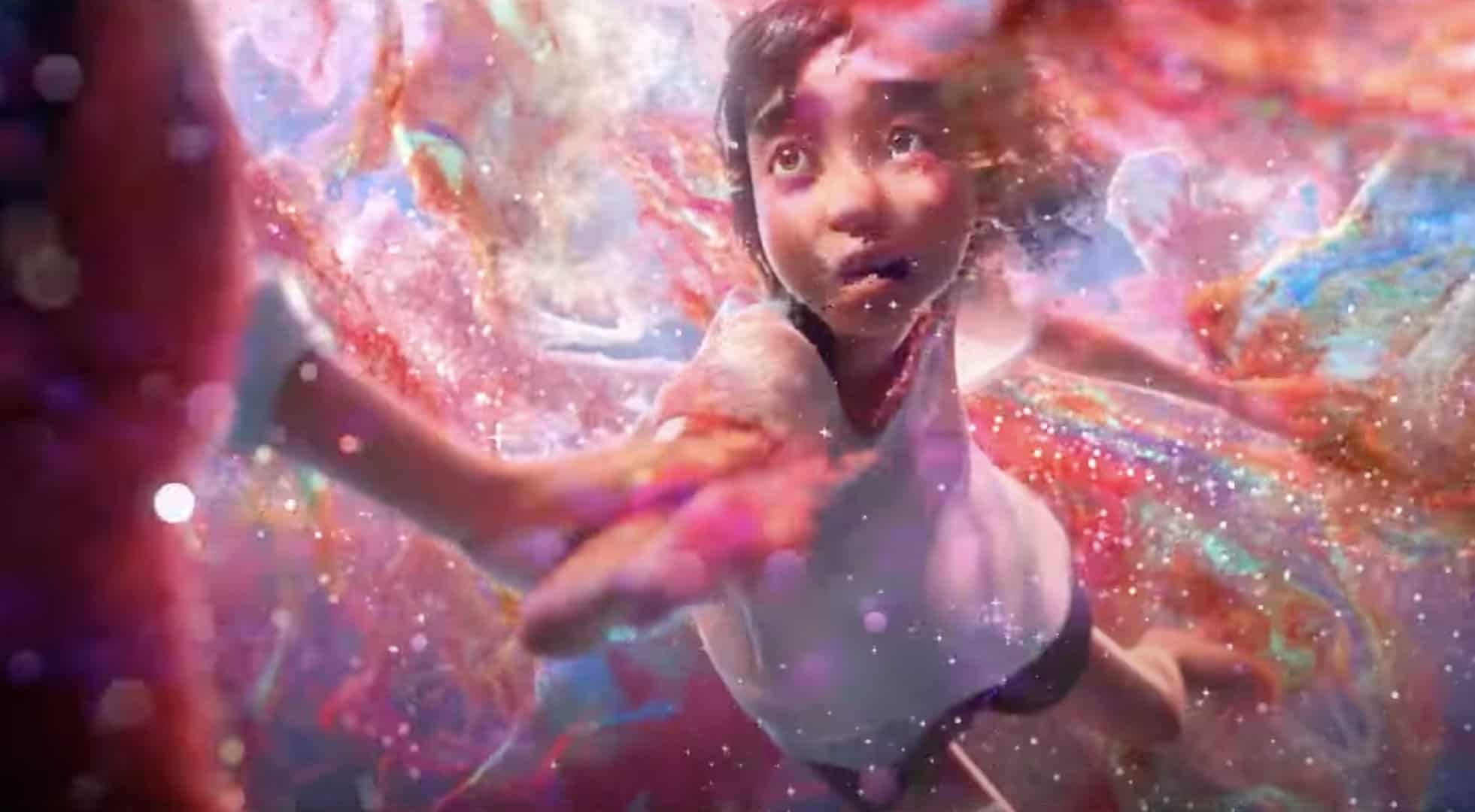
With ‘Deep Sea', Xiaopeng has made a vibrant film that sets a high standard not only for Chinese but for worldwide animation as well. It takes CGI animation to a new level while also showing us what animation might have been like had not Disney but Fleischer's style prevailed. On a narrative level, ‘Deep Sea' is complex yet at the same time accessible. This ensures that it appeals to a wide audience while simultaneously lending itself perfectly to repeat viewings. (Nancy Fornoville)
17. Miss Shampoo by Giddens Ko (Taiwan)

The whole gang-warfare is impressively implemented, starting as a comedy about bad breath and erectile dysfunction and eventually becoming as violent as possible, while the betrayals involved add a very appealing sense of drama to the whole thing. It is also in these scenes of gang warfare and the fights between Fen and his underboss Long Legs (an also captivating Kai Ko) with their enemies, that the production values of the movie find their apogee. Hong Shi-Hao's action direction is as brutal and dramatic as possible, particularly in the bathhouse scene, while Chou Yi-hsien's cinematography captures the aforementioned with gusto and artistry, with his prowess actually extending to all the different settings the movie takes place in (bars, apartments, hair salons, baseball fields etc). (Panos Kotzathanasis)
Click the image below to follow our Tribute to Netflix

16. Salli by Lien Chen-hung (Taiwan)

Lien Chen-hung directs a film that is essentially split in three parts. The first one sets the tone for Hui-jun's current situation, essentially establishing her as a woman that was definitely meant for bigger things, but found herself stuck in a rural village, where she is the constant source of gossip for being single at her age. Also of note is the slightly humorous approach the director implements towards the presentation of the family's interrelationships, with Hui-Jun's brother essentially functioning as the “husband”, the man of the house, to the point that some notions of jealousy also arise in his sister towards his wife, and Xin-Ru being the daughter, in a rather smart and quite entertaining “trick” here. (Panos Kotzathanasis)
15. Vital Sign by Cheuk Wan-chi (Hong Kong)

The film is an affectionate homage to Hong Kong, his people, and his front-line workers, incarnated in the character of Ma. His common sense, his passion and his family values have often been associated with the people of Hong Kong and his controversial choices cannot alienate the empathy that he effortlessly brings about. The whole film is based on, and kept together by the contrast between him and Yau and the tension that is generated from it is the glue that links the otherwise episodic unraveling of the narration, giving it a thriller pace at times. It is the classic buddy or rookie movie trope, with a very strong Hong Kong local flavor. In fact, the context and Ma's family plot highlight a realm that is intrinsically local and gives room for a heartfelt social commentary.(Adriana Rosati)
14. Absence by Wu Lang (China)
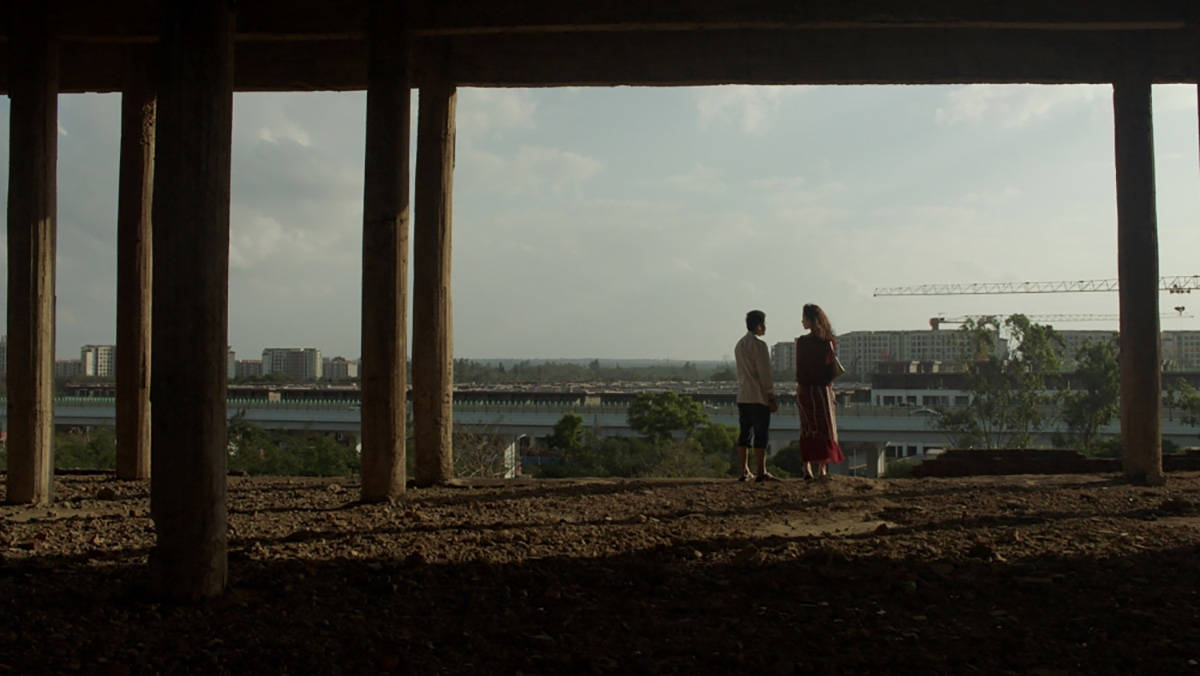
Lee Kang-Sheng is very confident in the restrained acting mode that he has well practiced, working with Tsai Ming Liang, and Li Meng is terrific in conveying a blend of strength, innocence and purity. As said before, the visual of “Absence” is a mix of exquisite framing and composition, quirky camera angles and attention to minute details and this helps you forget the slight frustration for the progressive loss of narrative along the way. In conclusion, Wu Lang has channeled the atmospheres we have seen in Jia Zhangke, Tsai Min Liang and even Wong Kar-wai, giving them a very personal spin, in a debut that is confident and assertive in the independent cinema landscape. (Adriana Rosati)
13. In Broad Daylight by Lawrence Kan (Hong Kong)
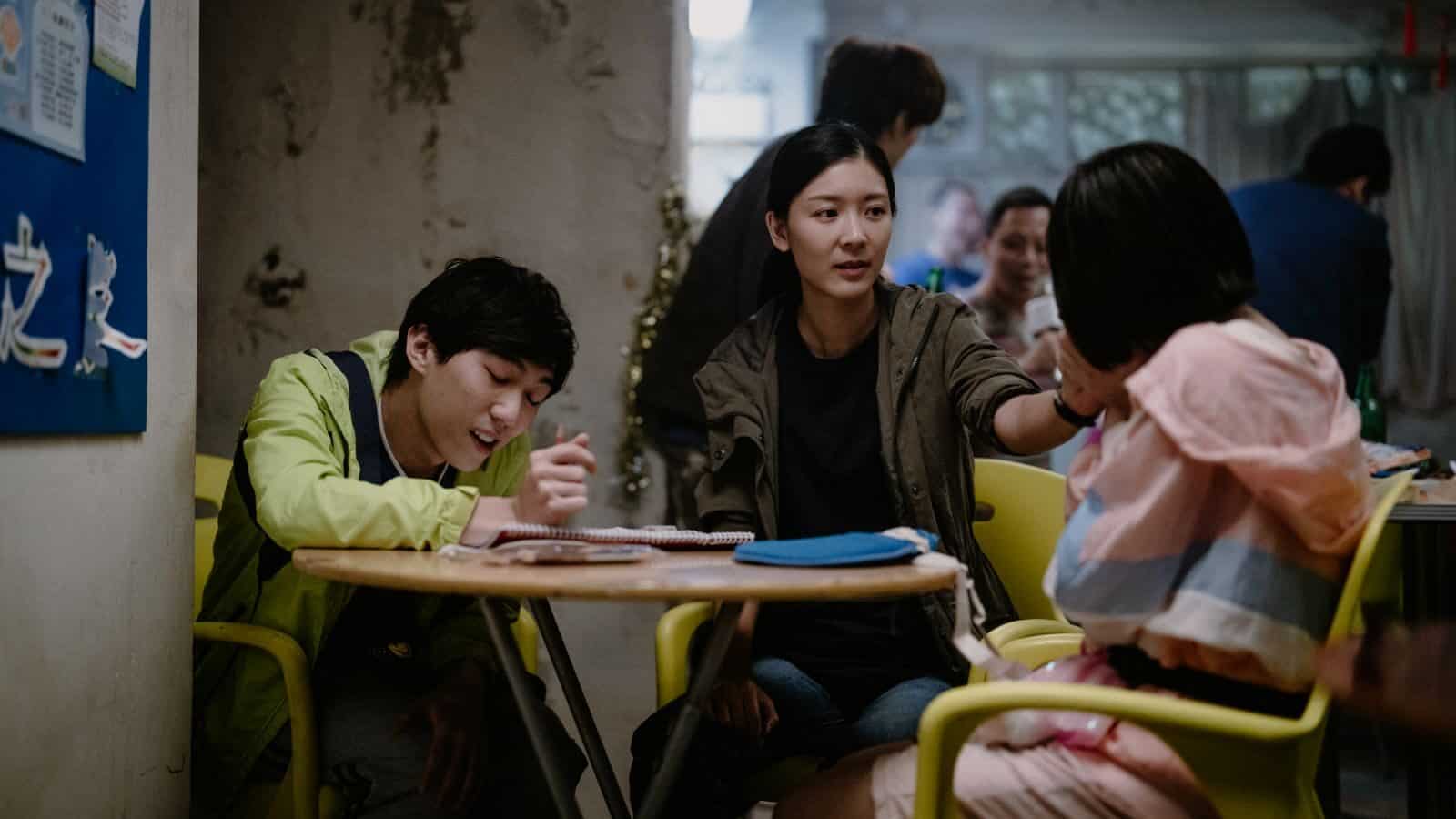
Lawrence Kan directs a film that aims at showcasing two major issues of Hong Kong's system, healthcare, particularly regarding the elderly and the mentally handicapped, and journalism, both of which he presents in the darkest colors. The first aspect takes the lion's share, with Kay discovering a truly hellish situation about organizations that are understaffed, underfinanced, and essentially left on their own, with the elderly living under horrible conditions. Considering that Hong Kong is expected to become the world's oldest society by 2050, the issue is particularly dire for the country, and Kan exposes it both within the facilities but also through a more systemic prism, having Kay discover how the race for profit and the subsequence corruption are essentially responsible for what is happening. In that regard, a number of scenes emerge as shocking in their brutal realism, as the bathing one, while the last incident portrayed gives a truly onerous hypostasis to the phenomenon, while also highlighting the judicial aspects of the issue, which are equally problematic. (Panos Kotzathanasis)
12. 100 Yards by Xu Haofeng and Xu Junfeng (China)
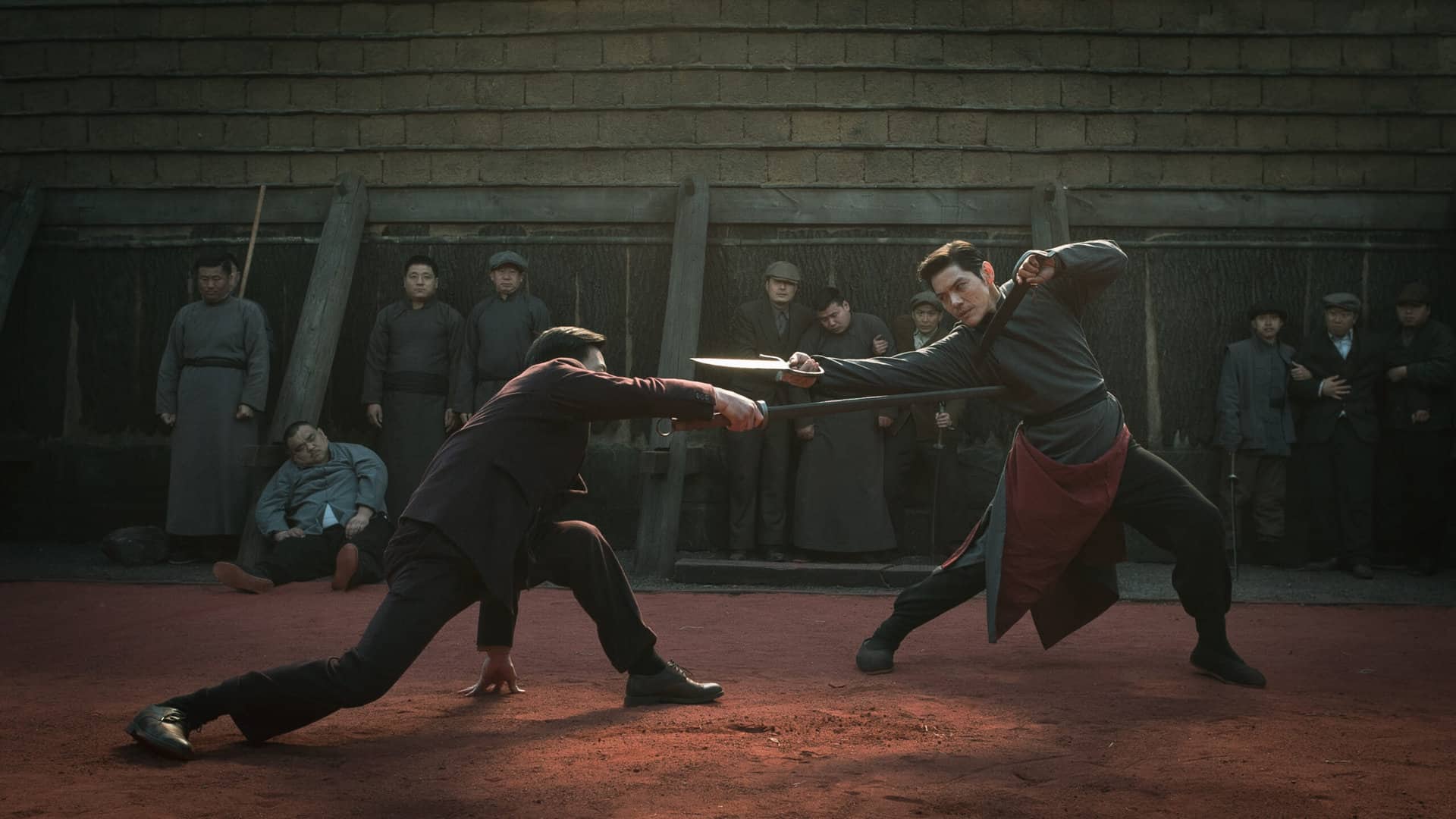
Xu Haofeng and Xu Junfeng write and direct an ultra-stylish martial arts movie that also manages to move into noir and even a bit of western paths, while also following a number of wuxia traditions. Regarding the last aspect, the usual style of the HK action movies of the past is quite prevalent here, with the story revolving around key (action) scenes while a number of individual episodes and characters are not completely logical. Apart from that, the concept of the two apprentices fighting, a number of secret techniques, and a collection of unusual weapons all highlight the wuxia legacy of the movie. (Panos Kotzathanasis)
11. A Woman by Wang Chao (China)
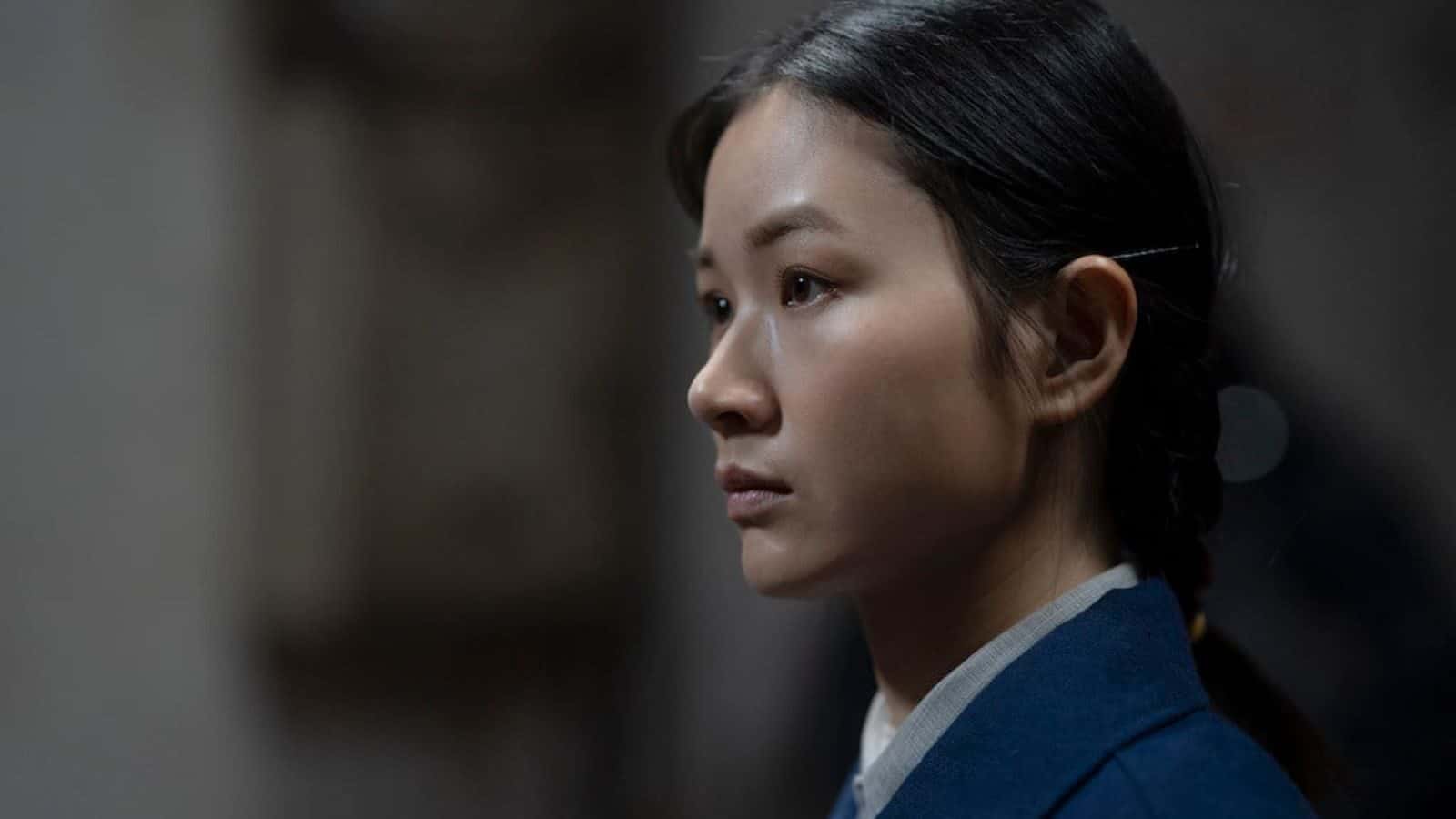
Wang Chao directs a film that thrives on its story, with the hardships the protagonist experiences and the resistance she puts up against the norms being as captivating as possible, with the sense of drama the whole thing emits being particularly appealing. The same applies to the many comments presented throughout the movie, others quite evident, others more subtle. (Panos Kotzathanasis)


